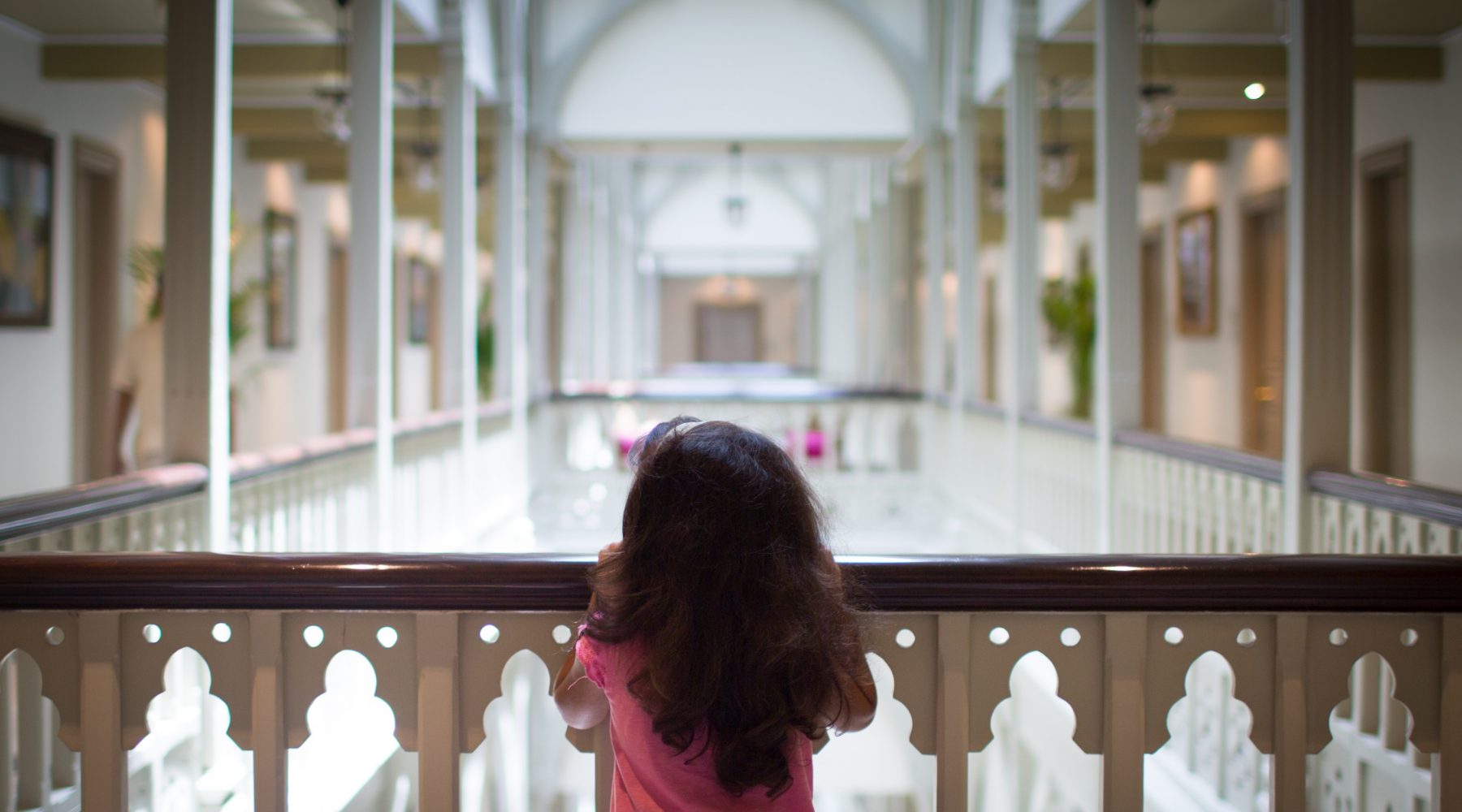Supporting children who have experienced trauma – Bravehearts tips

Childhood trauma – experiencing an event or series of events which are emotionally painful or distressing – can take on many forms. It may occur when a child witnesses or experiences overwhelming negative situations, and may be interpersonal (abuse, violence, neglect) or a traumatic event, such as an accident, natural disaster, war and civil unrest, or medical procedures.
Childhood trauma has been linked to a number of emotional and behavioural problems in children. For example, when they are exposed to stress, children who have experienced past trauma may have trouble calming themselves down, recognising other people’s emotions, understanding the consequences of their actions, remaining in control of themselves and may lose awareness of their surroundings.
To support those working with or caring for children, advocacy group Bravehearts have released some information about supporting children to regulate their emotions after they have experienced trauma.
Children who have experienced trauma may:
- Try to control situations, especially the feelings and behaviours of attachment figures.
- Engage in power struggles.
- Feel empowered by saying “No!”
- Cause emotional and, at times, physical pain to others.
- Strongly maintain a negative self-concept.
- Have a limited ability to regulate their emotions.
- Often avoid reciprocal fun, engagement and laughter.
- Avoid needing anyone or asking for help and favours.
- Avoid being loved and feeling special to someone.
To support children who are displaying the trauma related reactions shown above, Bravehearts first and foremost recommends soothing words, physical contact and play. Soothing and comforting children during times of stress, Bravehearts said, assists the child to develop the skills needed to cope with future stress.
Because a child who has lived with trauma often has trouble understanding their own feelings and reactions, it can be helpful to lead the child by putting words to their experience, i.e. “I can see that you are upset now.”
It can also be helpful to support the child to regulate their body and teach physical boundaries by safely holding them, safely touching, safely playing with and comforting them. Being present and speaking calmly can also assist, as can maintaining eye contact, remaining confident and making sure any directions given are simple.
Other tips for handling stress with a traumatised child include:
- Withdraw from any triggering environments. If you know something or someone upsets, scares or angers the child, remove them from that stress.
- Repetitive and rhythmic actions, music and movements such as dancing, drumming, singing and safe touch can help with the restoration of delayed brain development.
- Use your voice and gestures to convey empathy. Don’t use them to threaten or coerce. Be aware that your own ability to control your emotions serves as a model for the child.
- Try to understand the child’s behaviour before responding, i.e., why are they doing that behaviour? What need is being met by them acting that way? Strive to always have empathy for the child.
Be consistent, predictable and repetitive.
- Provide opportunities for enjoyment, laughter and fun every day. Don’t use it as a reward and don’t take it away as a punishment.
- Remember that negative behaviours will decrease as a sense of safety increases.
To read the original advice as produced by Bravehearts, or to access a range of other resources to support children, please see here.
Popular

Practice
Provider
Quality
Research
Workforce
New activity booklet supports everyday conversations to keep children safe
2025-07-10 09:00:16
by Fiona Alston

Quality
Practice
Provider
Research
Workforce
Honouring the quiet magic of early childhood
2025-07-11 09:15:00
by Fiona Alston

Quality
Practice
Provider
Workforce
Reclaiming Joy: Why connection, curiosity and care still matter in early childhood education
2025-07-09 10:00:07
by Fiona Alston












